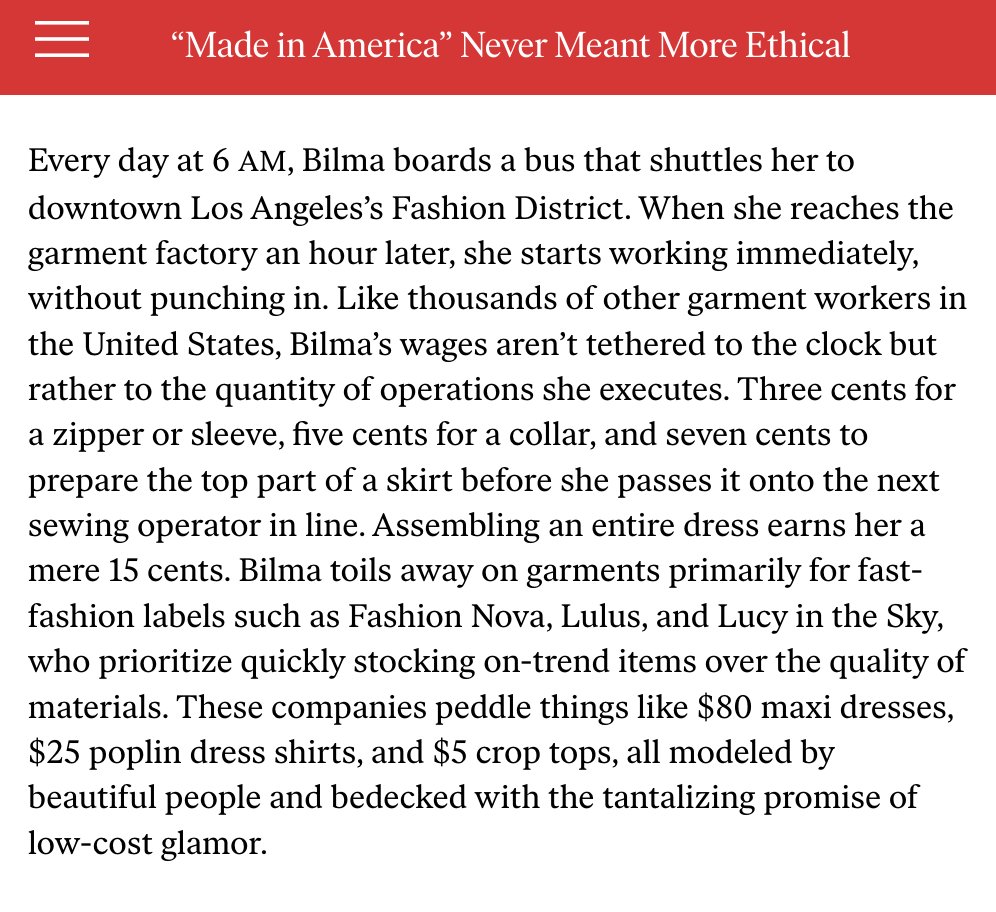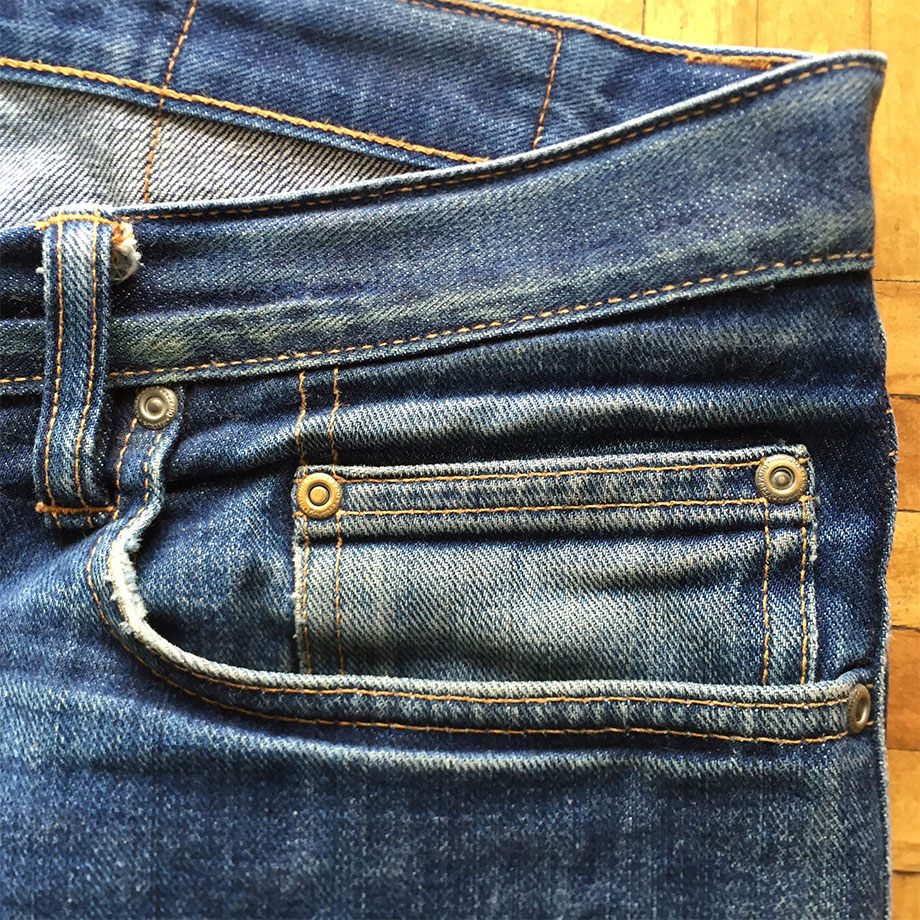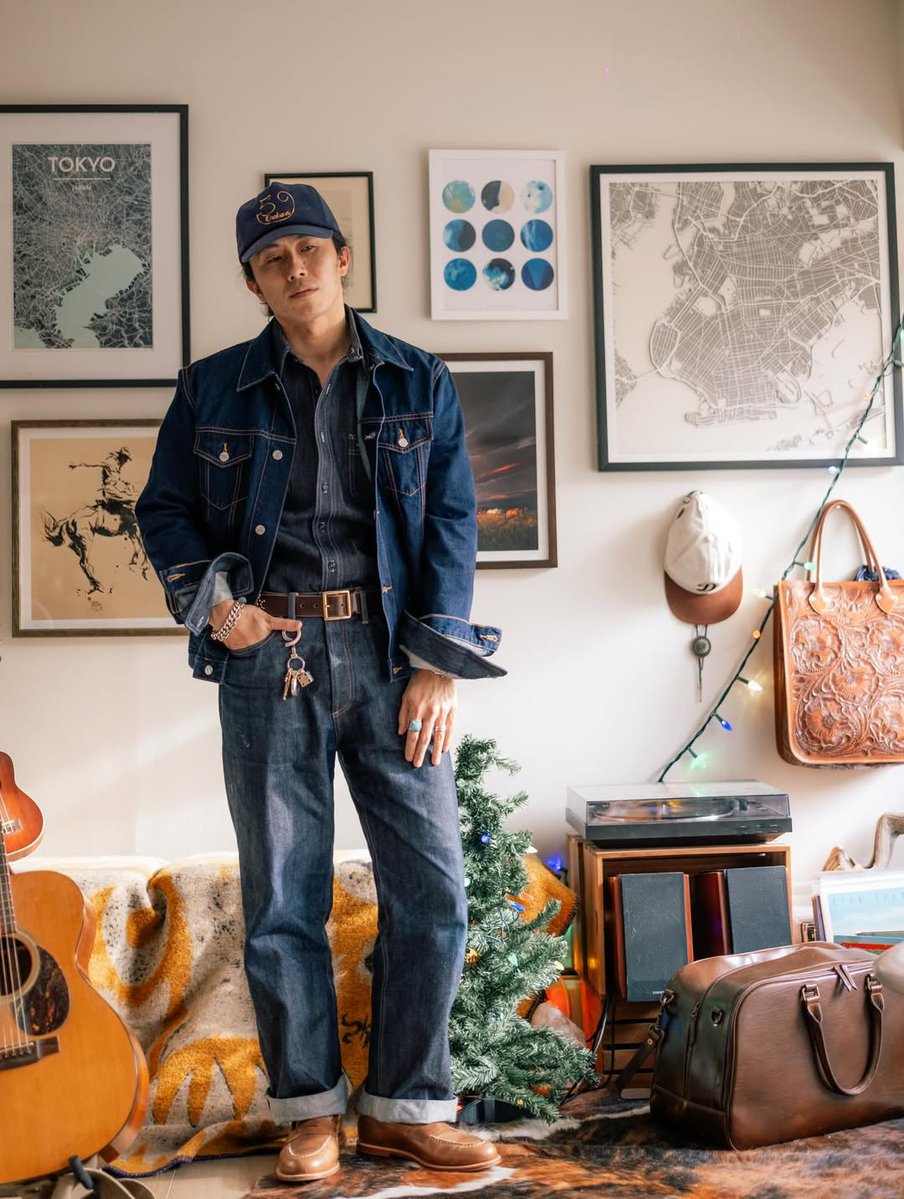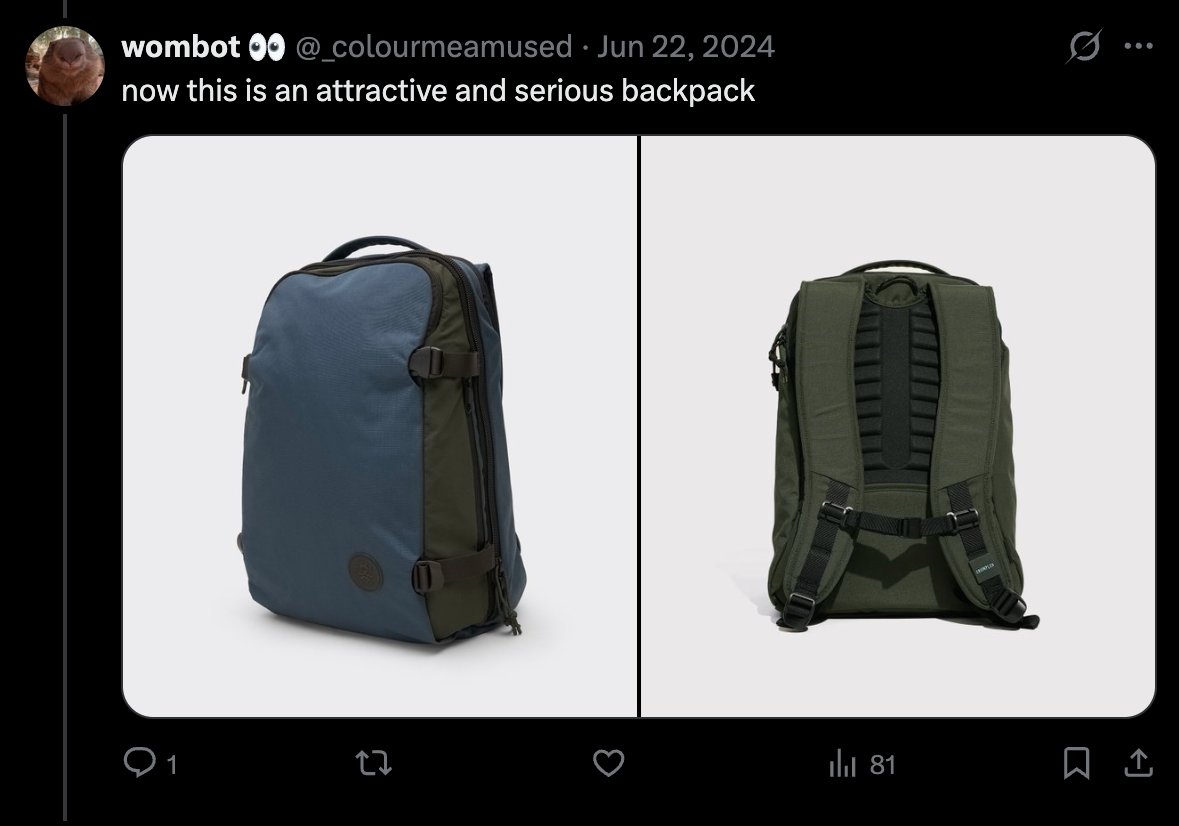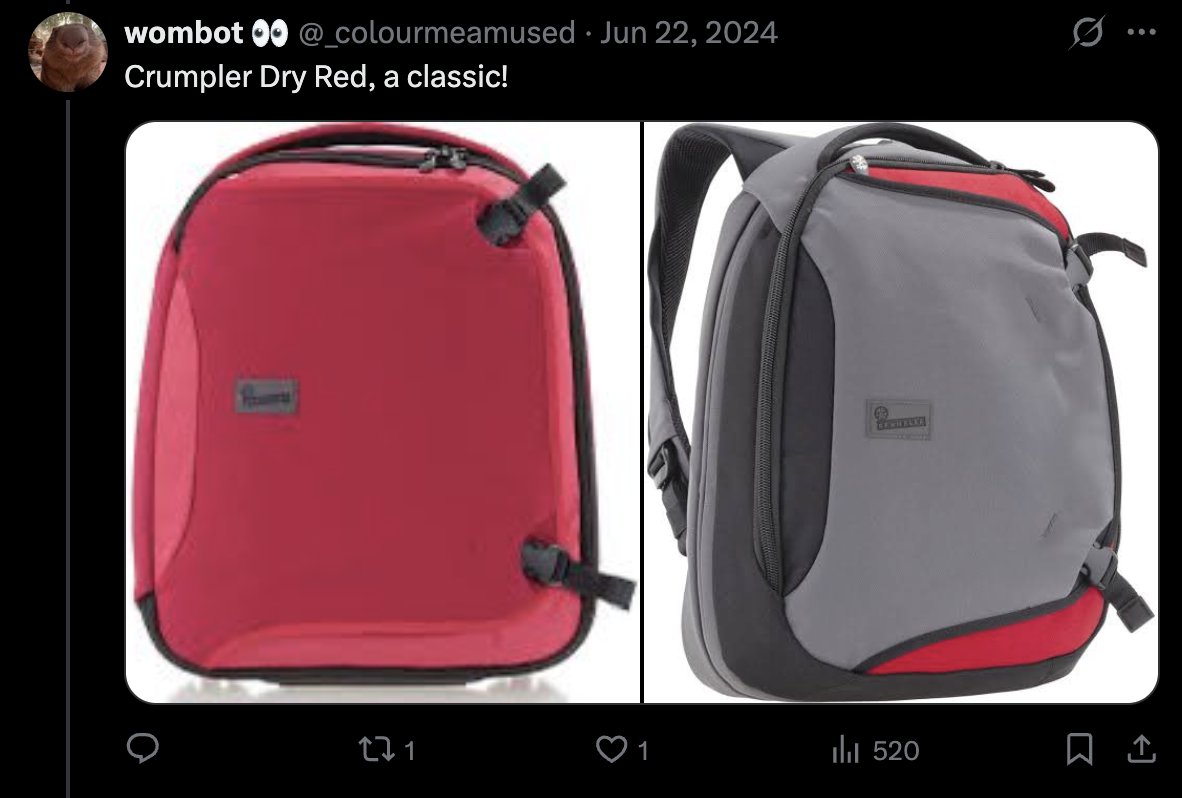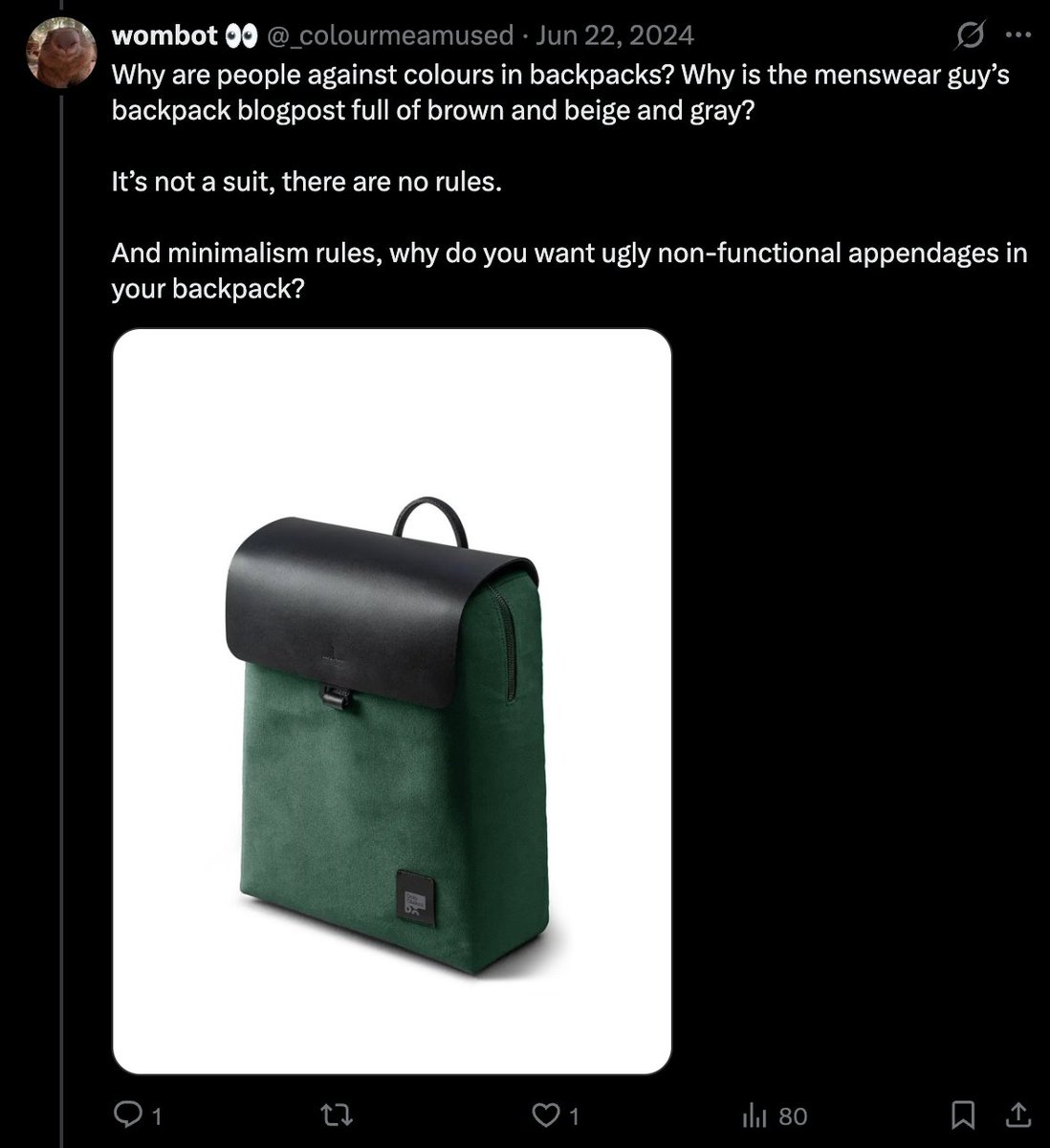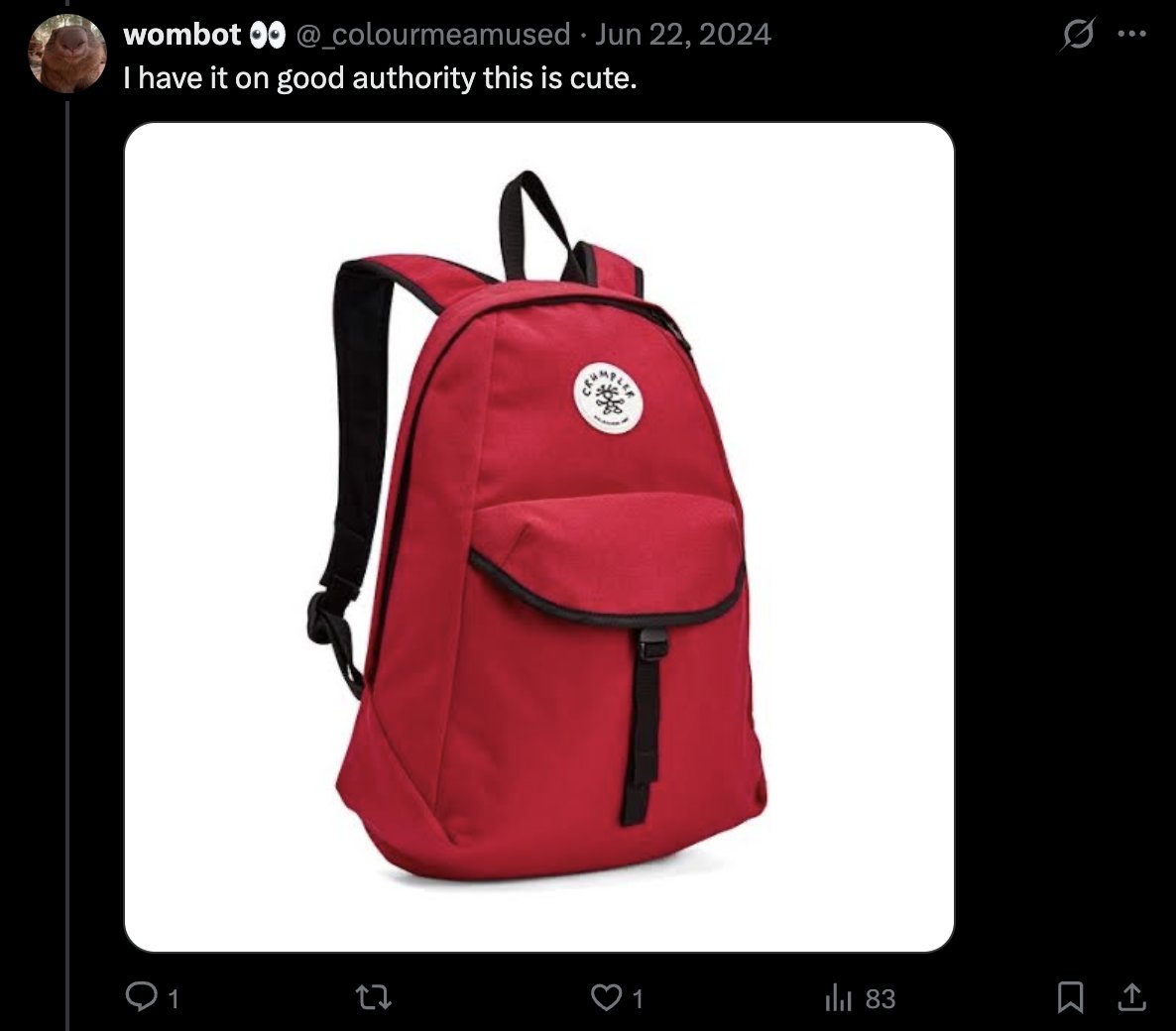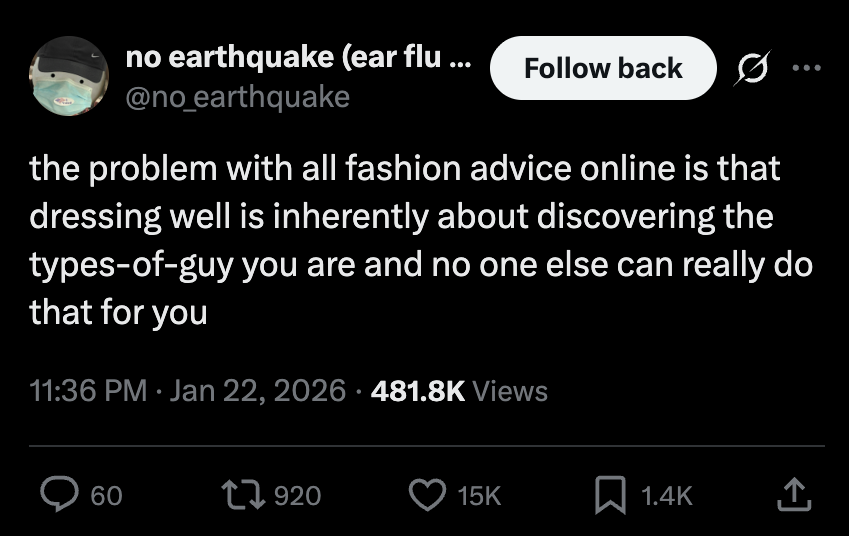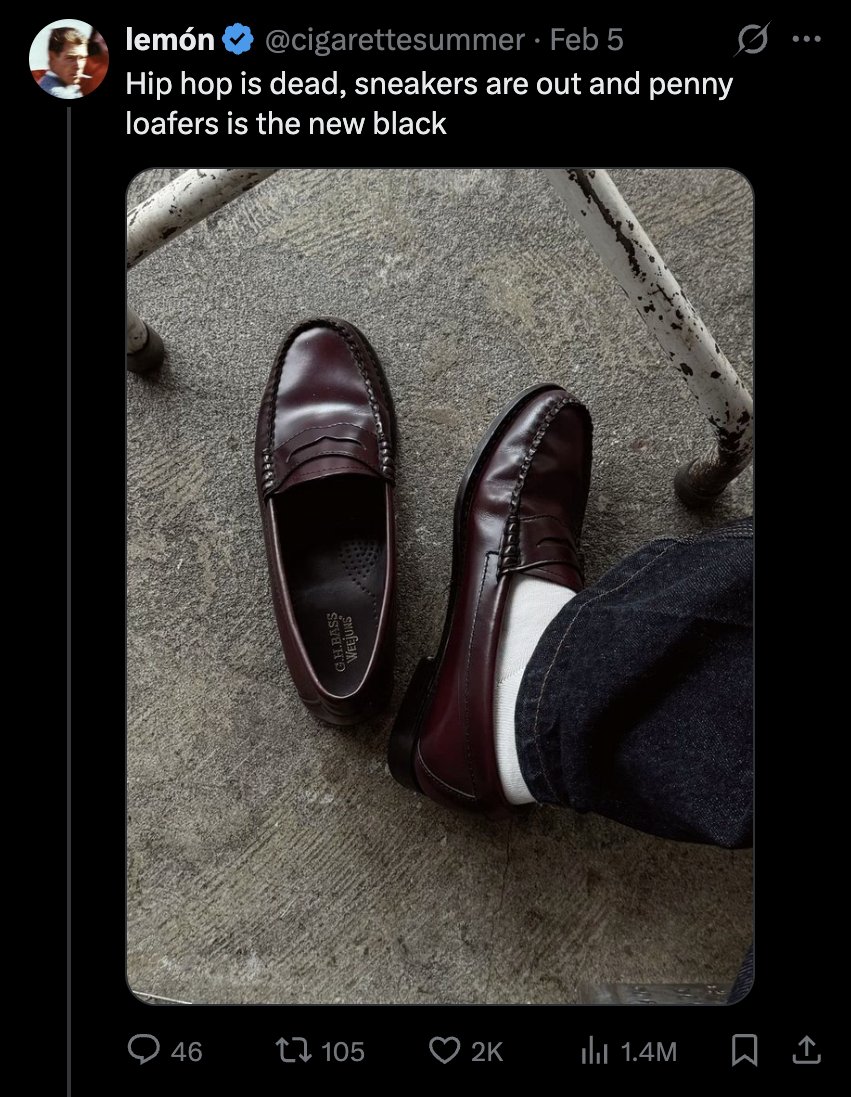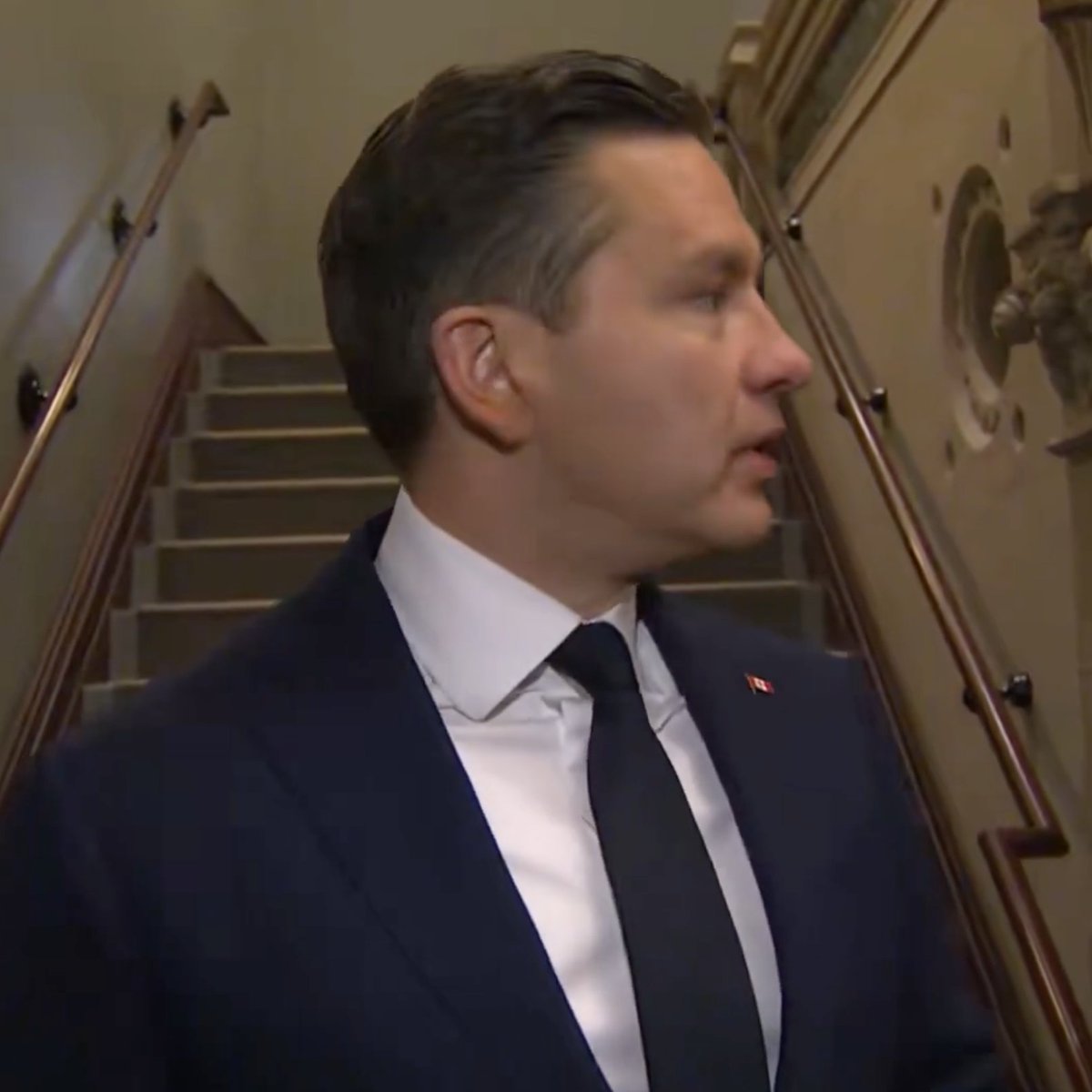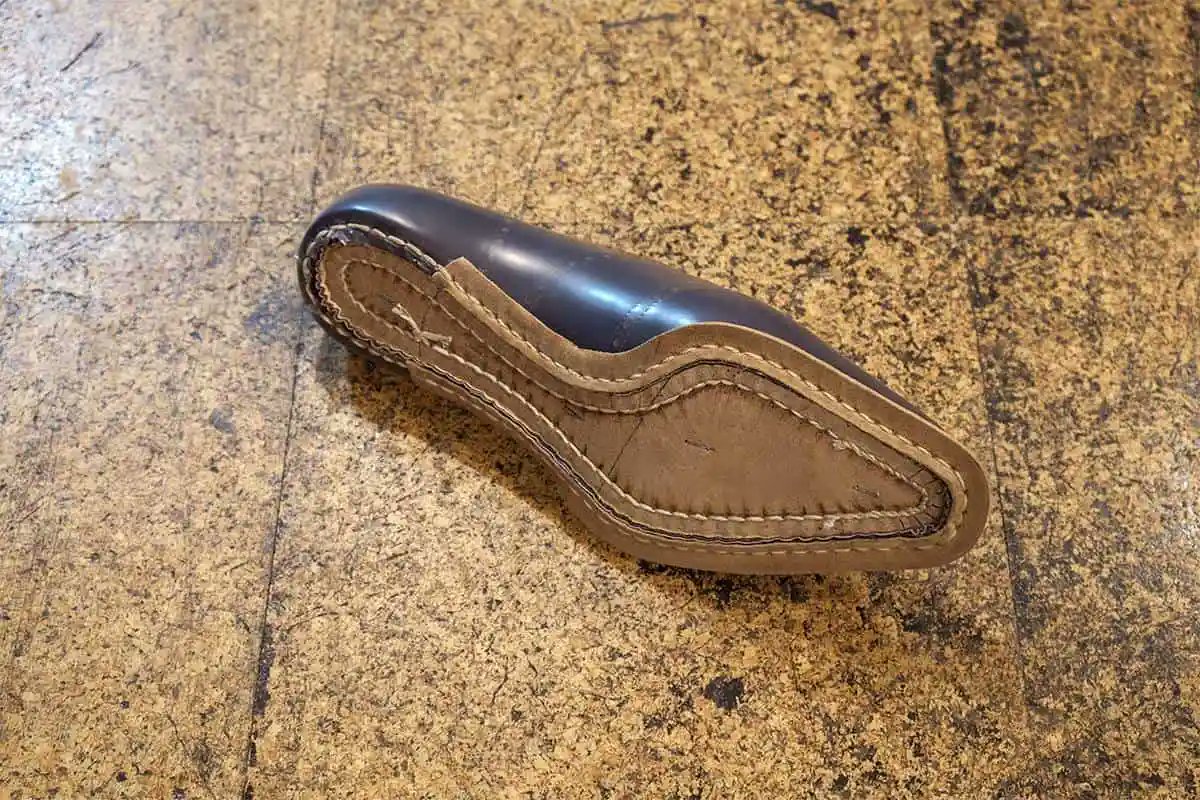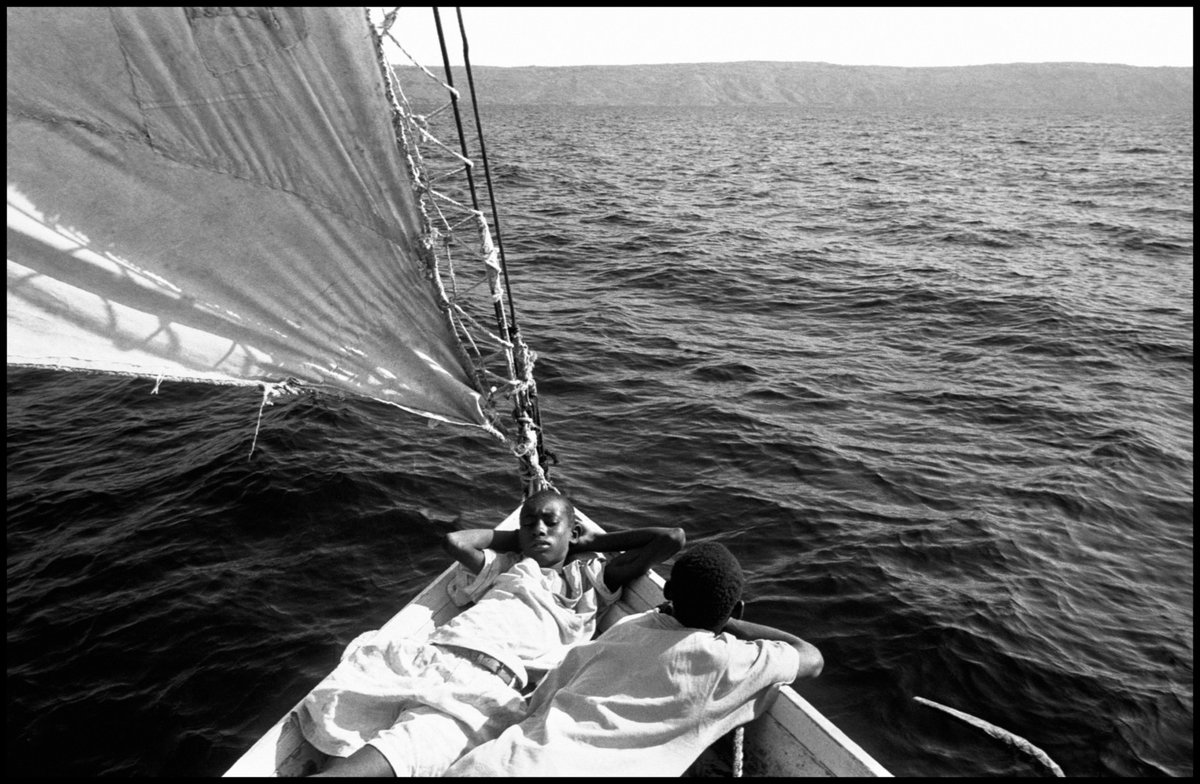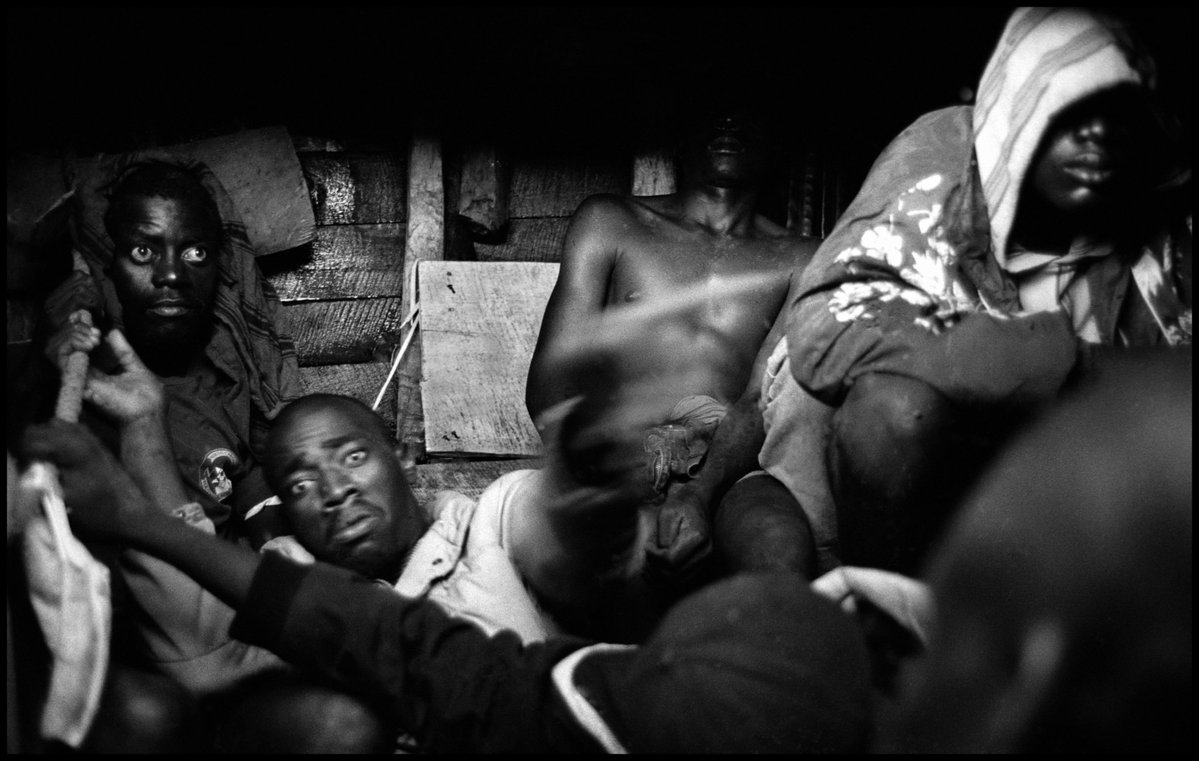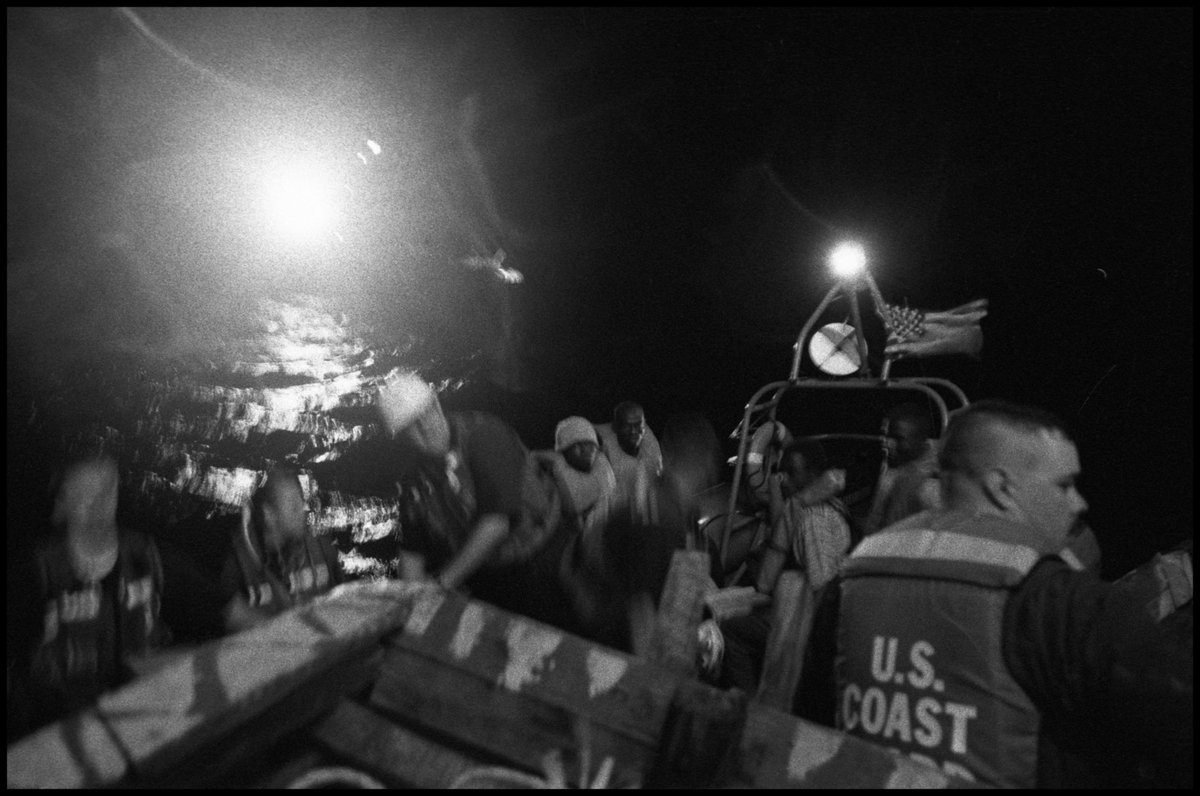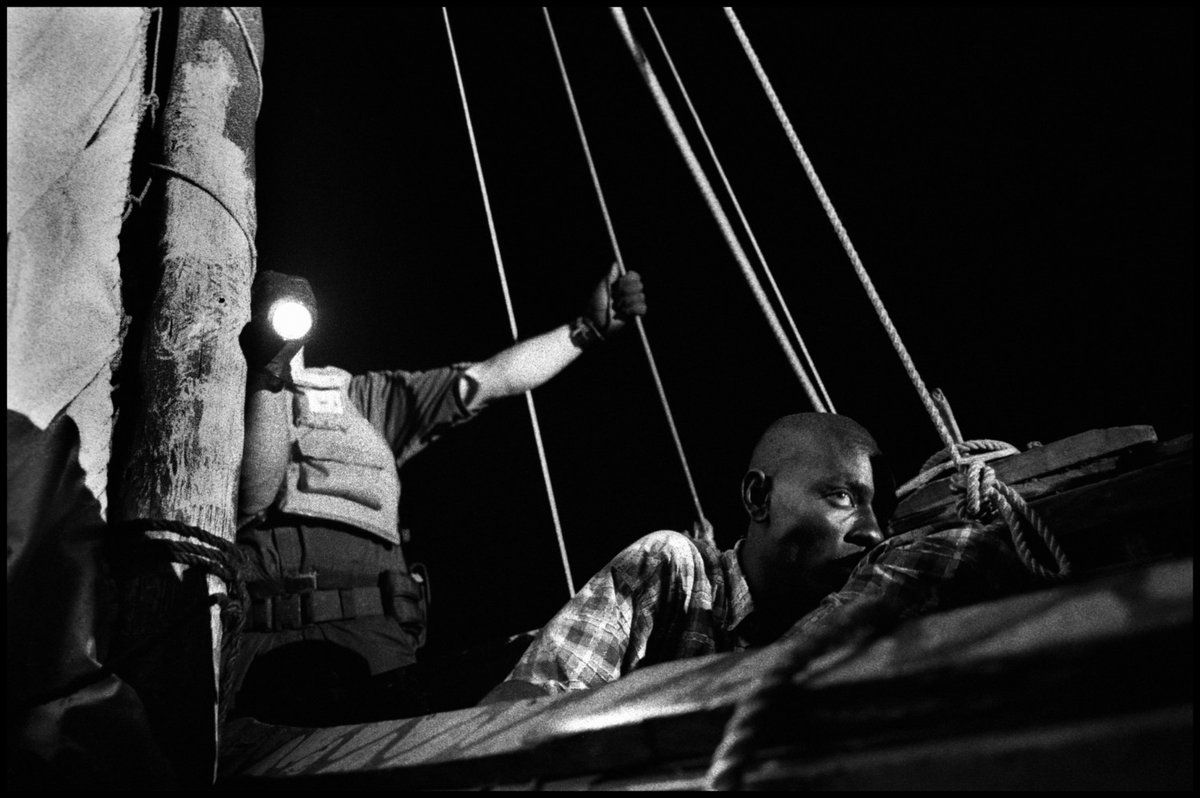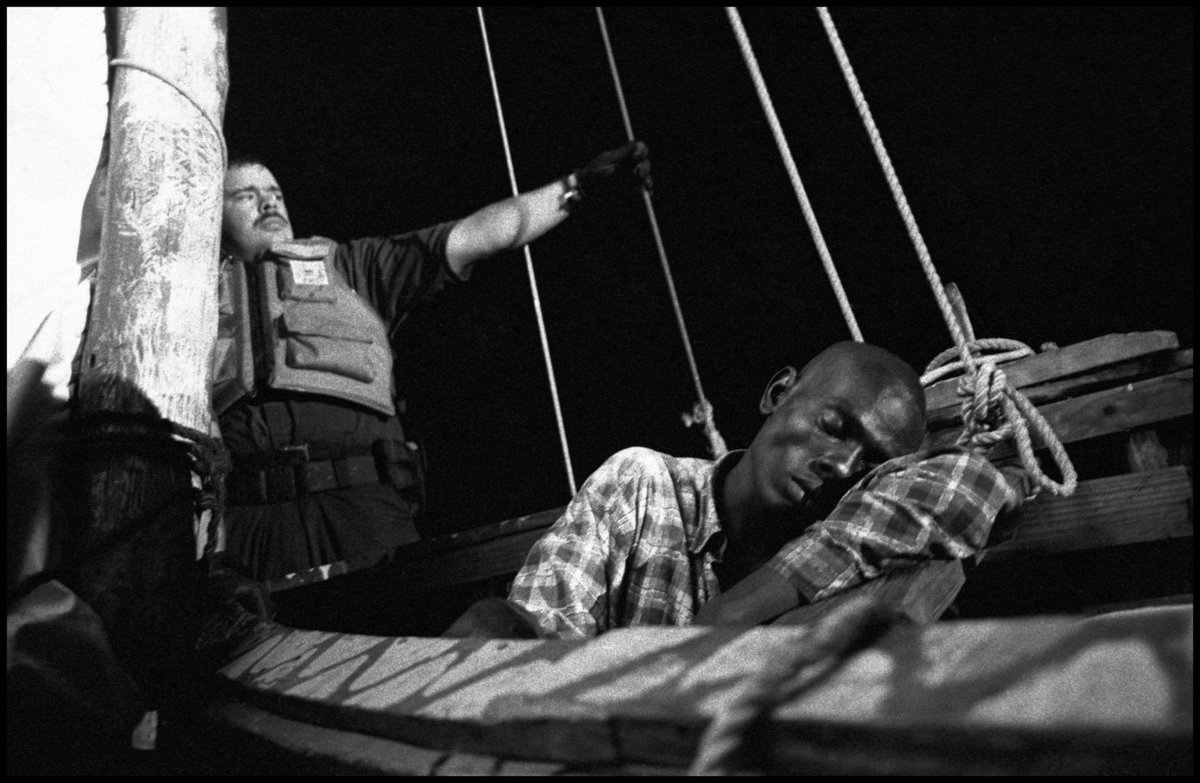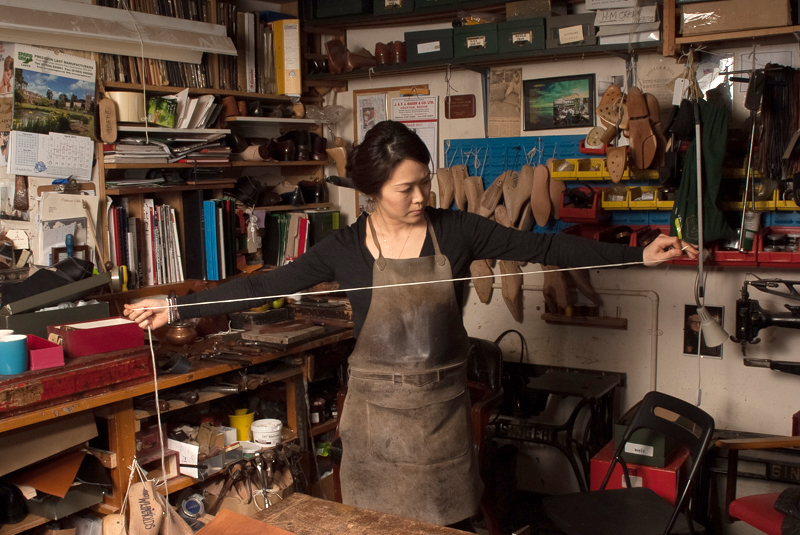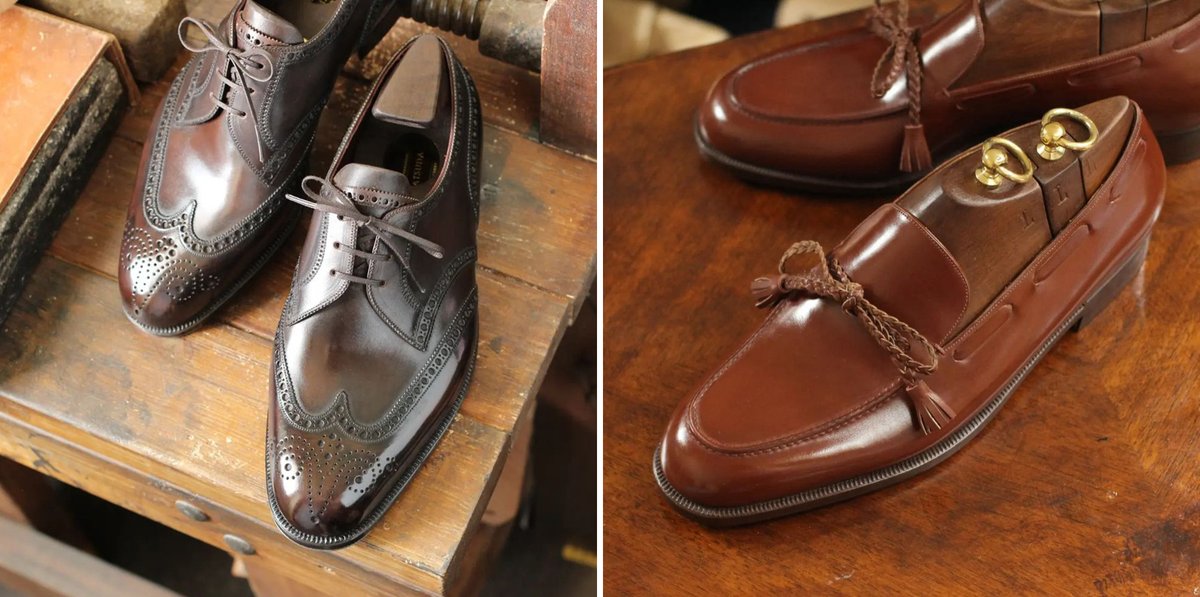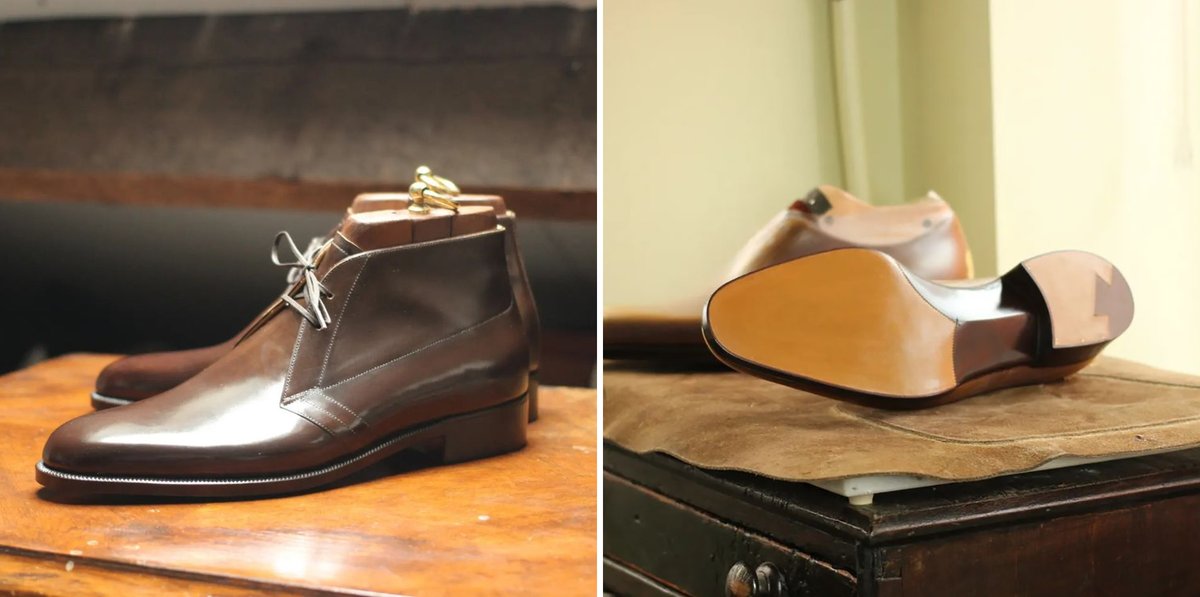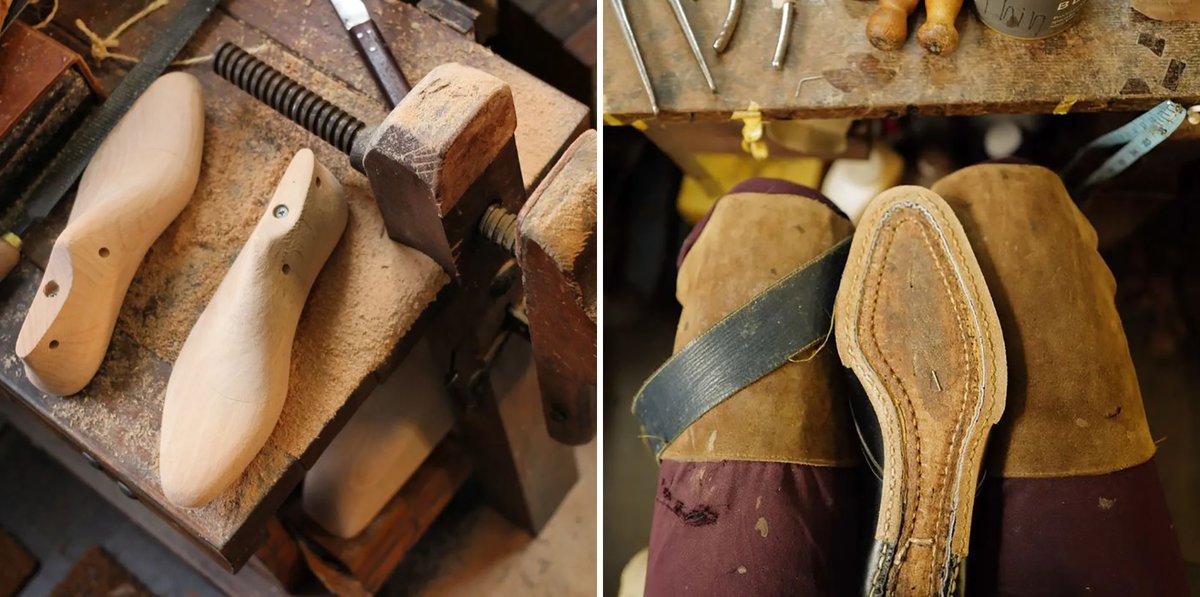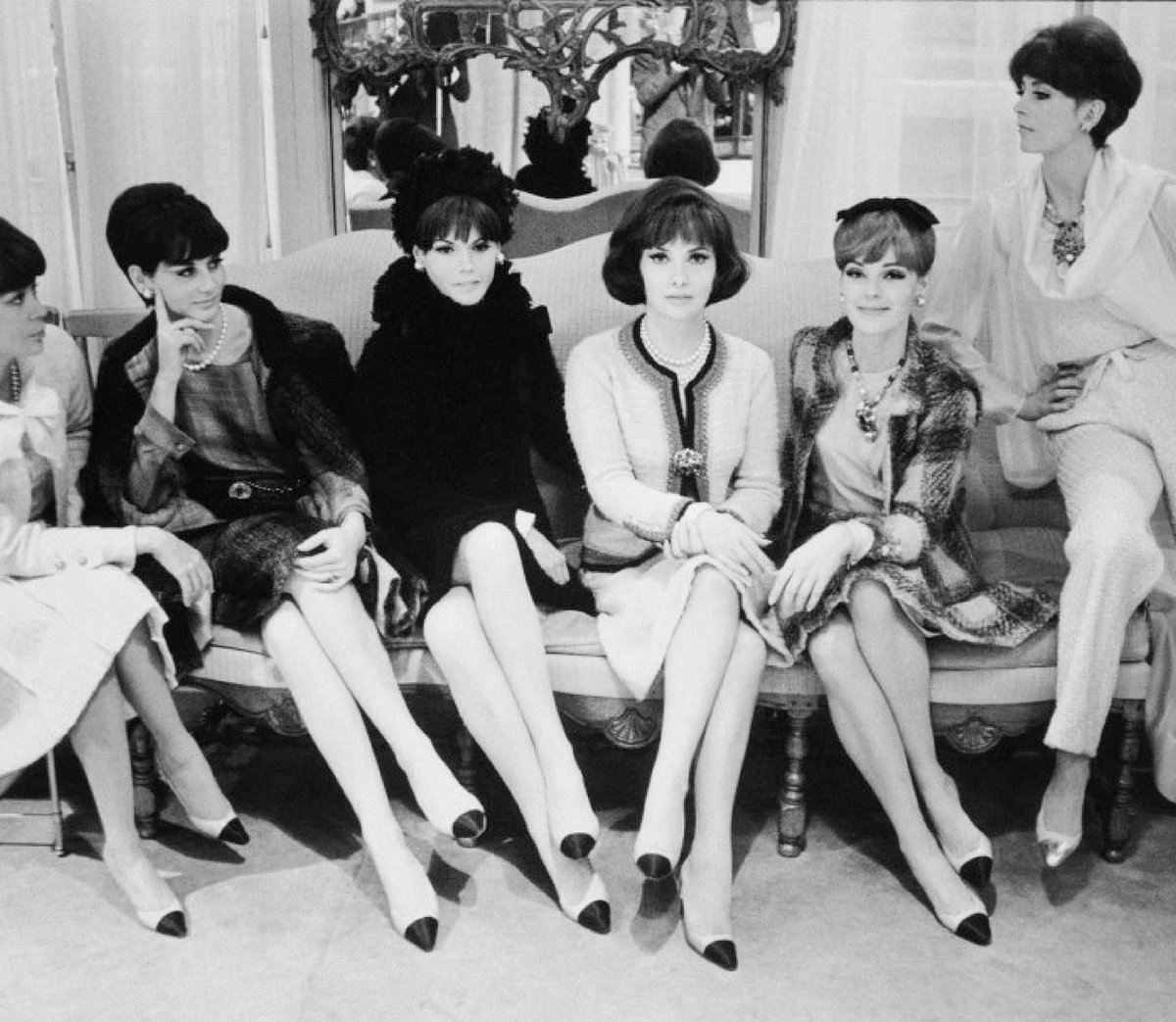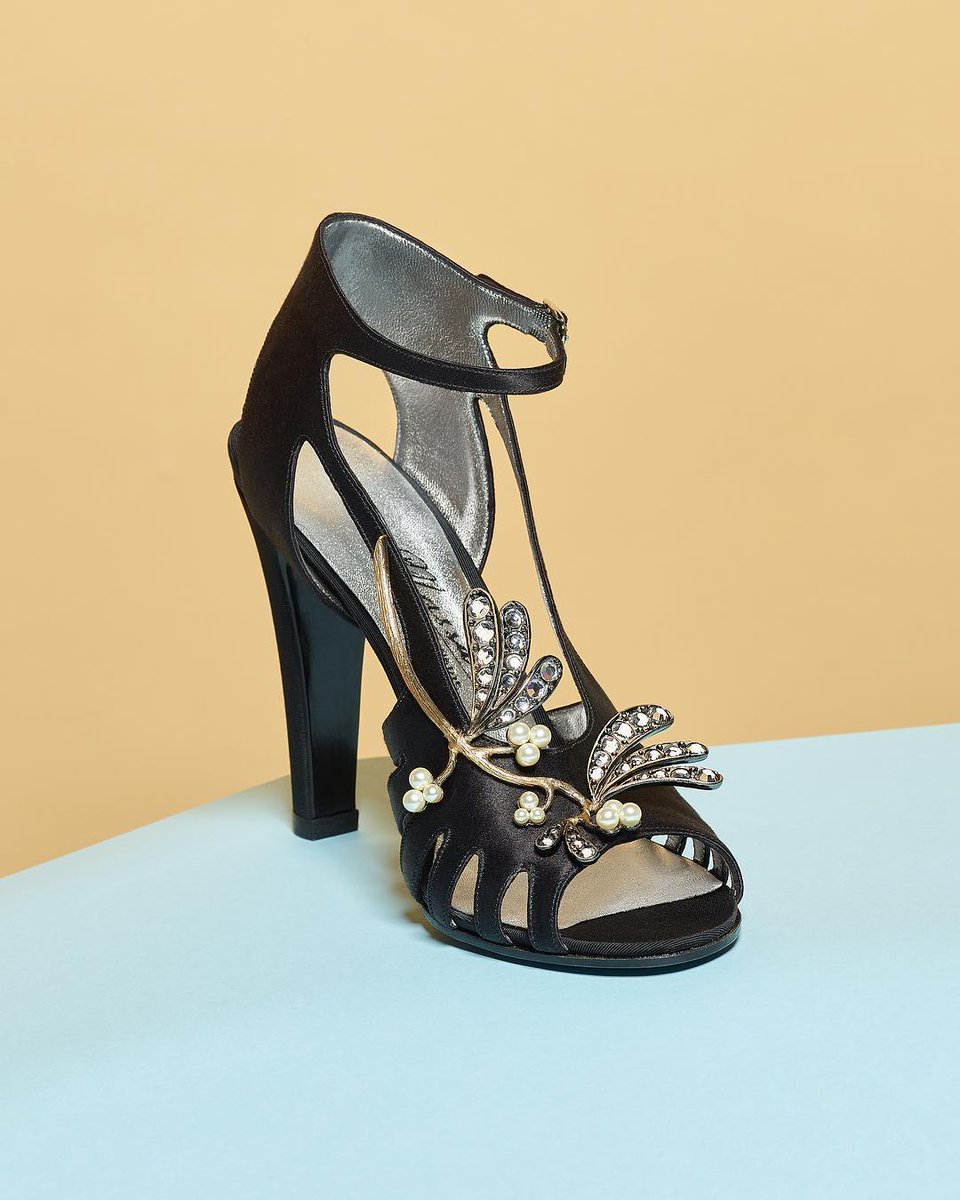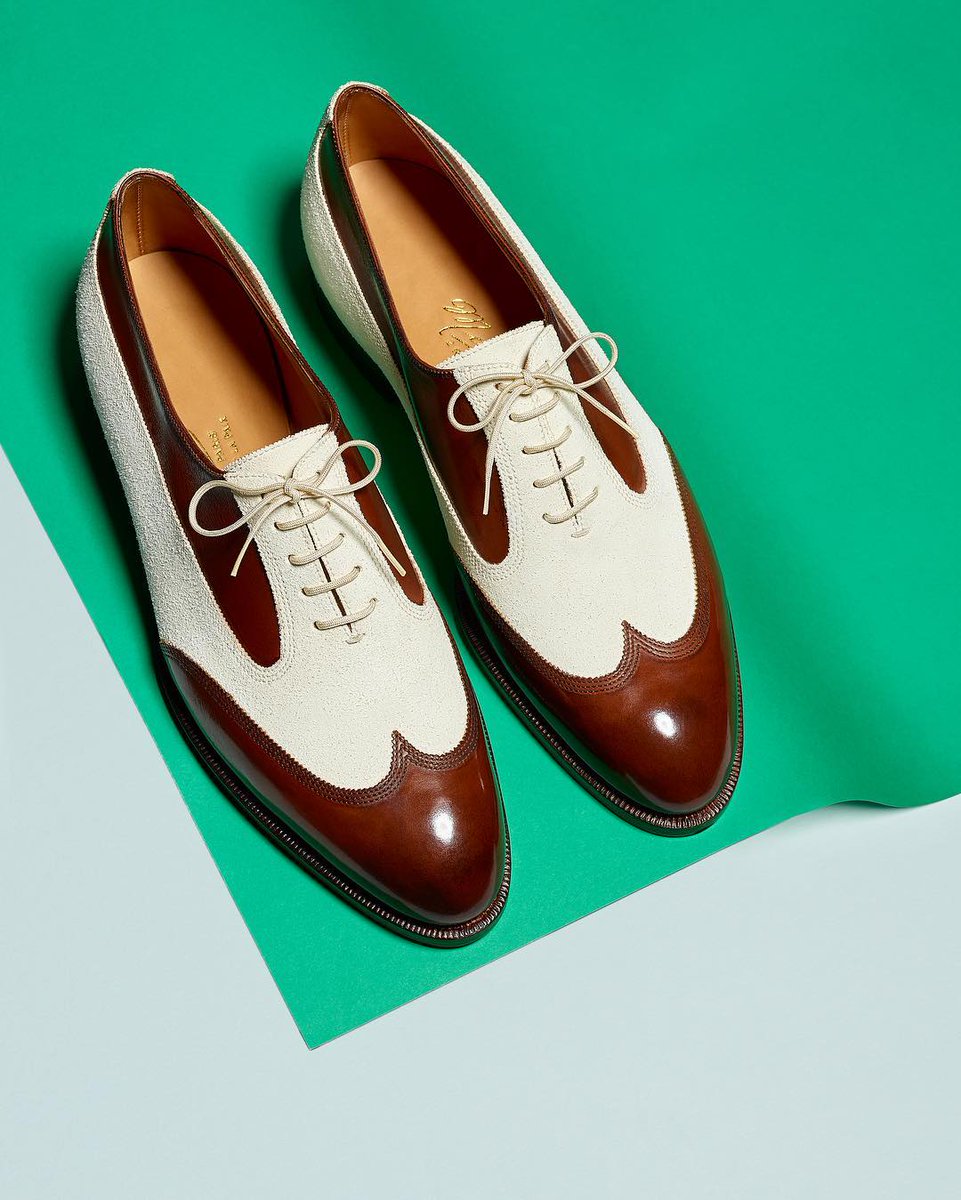It's hard to look good in a polo for all of the same reasons it's hard to look good in just a button-up dress shirt or a t-shirt. The garment typically has no silhouette. Polos are relatively simple garments with straight seams and a short placket. 

Like the fedora, it's also saddled with bad social connotations: rich pricks who run on family ties, golfing uncles, and business casual guys at networking conferences where there's plated cantaloupe. 

Some people will point to stylish mid-century outfits worn by golf legends such as Arnold Palmer. But immediately, what do you see? The addition of layers, a distinctive silhouette (shape and drape), and the rule of thirds. 



What is the rule of thirds? The rule of thirds is not actually a rule, but just a gentle suggestion. It's the idea that an outfit can be made better if you break up the silhouette into thirds—top half is 1/3rd; bottom half is 2/3rds.
For example, which looks better?

For example, which looks better?

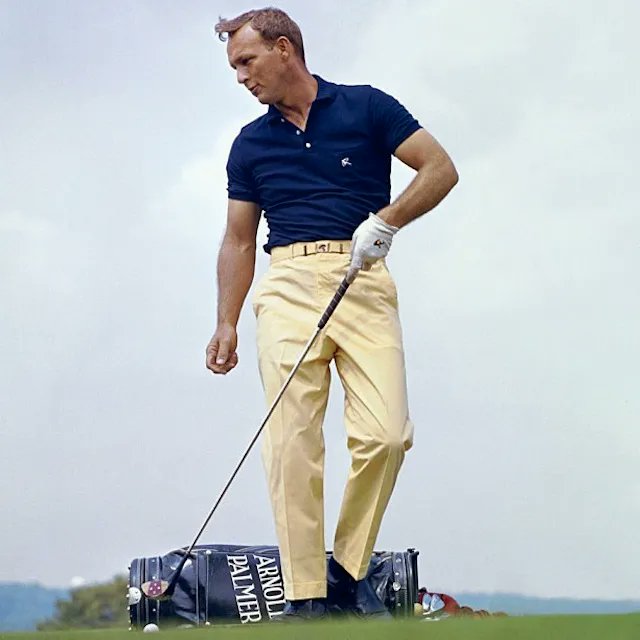
Bezo's outfit suffers from the same problem. It wouldn't matter if he tucked in his polo (this would look dumb with jeans, anyway). The pants are too low rise, so the outfit is broken into halves, not thirds. 
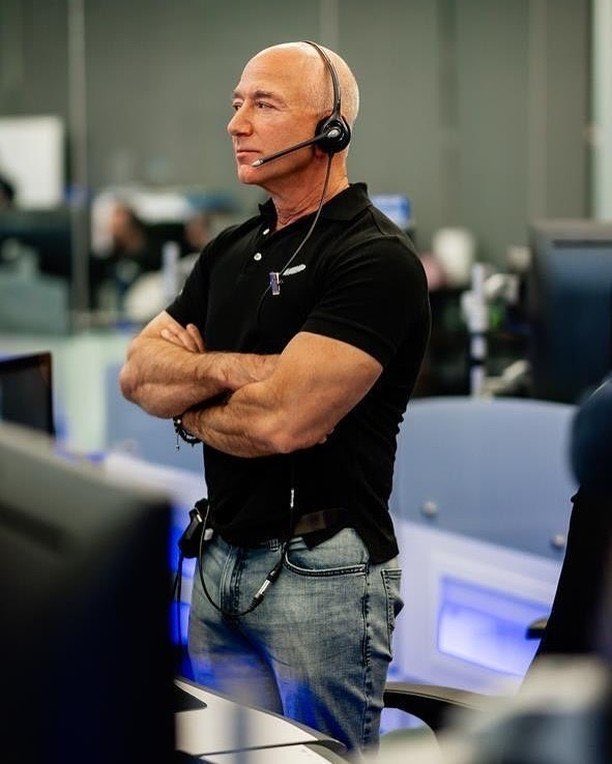
I say this is a gentle suggestion because there are many good outfits that don't follow this "rule." But you can read more about the idea in this thread about t-shirts.
https://x.com/dieworkwear/status/1807212095454474242
So how does one wear a better polo? The first is to get away from the business casual connotations. Instead of a simple button placket, as you'd find on a Lacoste polo, consider something like a skipper collar. Instead of pique cotton, consider another material. 



Here are these two ideas in action. Compare the build on Bezos vs Picasso. Bezos has a larger drop between his chest size and waist size. Picasso has less differentiation between shoulders, waist, and hips (he's kind of shaped like a tube). 



But which of these two outfits is more stylish? I think Picasso's. He's wearing a polo shirt made from a textured terrycloth and built with a unique collar. The outfit has aura. 



Another possibility is to get a polo built with a collar band. Most polos are built in such a way that the collar flops over. We see this in other photos of Bezos from the same day. Notice how the collar simply folds over. 



Some polos, however, are built with a collar band, like you'd find on a button-up shirt. The collar band connects to the shirt's body and fold-down collar, allowing the collar points to stand up and behave like a dress shirt. This can be useful for layering. 



This is important because polos are one of the easiest ways to dress down a tailored jacket, so long as you don't get the ones Bezos is wearing. And a tailored jacket is important bc it adds a finishing layer and creates a distinctive silhouette. 



If you can't wear a tailored jacket, or if you don't want to look overly traditional, you can always go back to the original points above: distinct collar, unique fabric (not pique cotton), rule of thirds. These outfits look good bc polo is not suction fit. 



IMO, many people who purport to be interested in style are actually interested in other things—body types, position in society (power, wealth), and ideas about prestige. But to me, this outfit is vanilla bland. Does not matter if it's on a buff body. Outfit is still boring. 

I only write about style, not about how to look "hot" (assuming your intent is to attract a partner). But I will throw it to others. Do these people (or outfits, if you wish) look "hot?"




https://x.com/isenditbacc/status/1880104140866744778



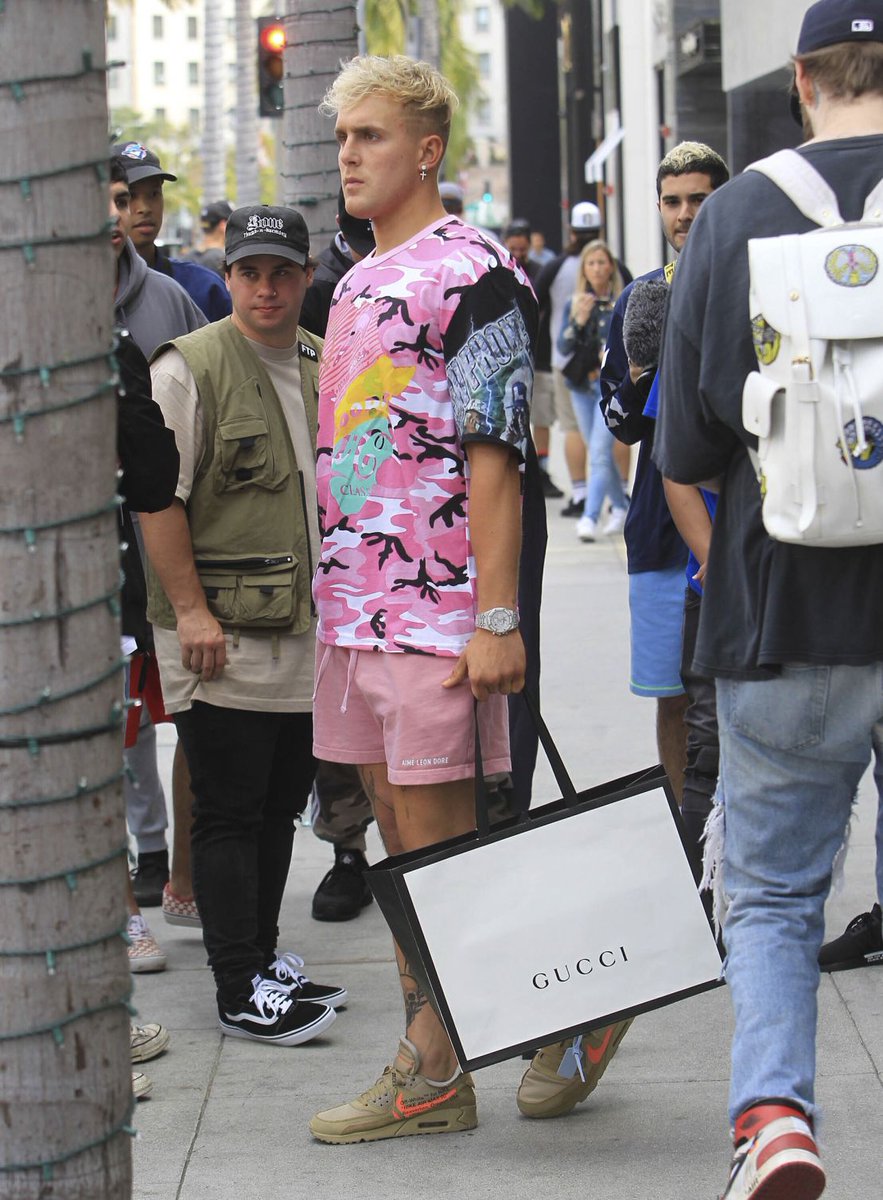
• • •
Missing some Tweet in this thread? You can try to
force a refresh




